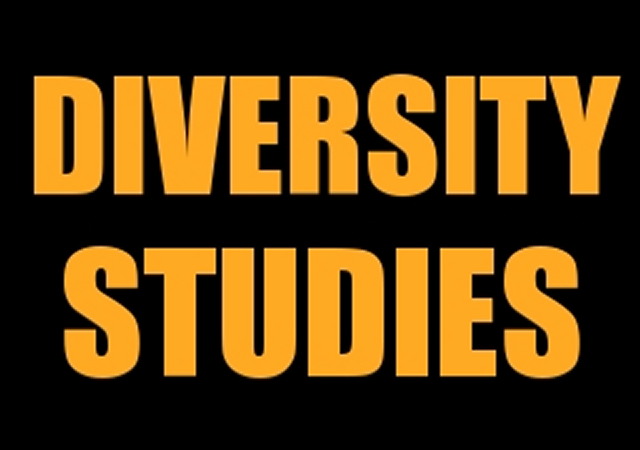UW-Madison Tries to Overcome Criticisms of DEI Policies With Public Relations Campaign
“There is a general, national narrative around higher ed that characterizes universities as elitist and too difficult to get into, too expensive…and too radical/leftist”

This will backfire because the more the public knows about DEI, the less they like it.
The College Fix reports:
UW-Madison answers DEI criticisms with PR campaign
The University of Wisconsin at Madison came under some serious criticism this past year from Republicans in the state legislature over its DEI programs and spending.
Now administrators are responding; not, as they might, with cuts to their DEI programming and faculty and administrative hiring, but with a public relations campaign.
The marketing campaign is not directed at legislators, it is targeted at voters who elect the legislators. The goal is to provide them a more positive image of the university so they will support state spending for it, as Inside Higher Ed reported.
In a Request for Proposals to marketing firms, the university proffered its two goals of “combating negative public opinion and convincing lawmakers that it is a nonpartisan institution worthy of both state investment and public trust,” the news outlet reported.
“There is a general, national narrative around higher ed that characterizes universities as elitist and too difficult to get into, too expensive…and too radical/leftist,” the university wrote in its RFP posted publicly on Feb. 27. “We find these national sentiments are shared by many Wisconsinites about UW-Madison.”
The marketing campaign could cost up to $1 million dollars, according to the request, which IHE reports is more than double the university’s usual media budget.
Kelly Tyrrell, UW-Madison’s director of media relations, told Inside Higher Ed that there is not, yet, an existing plan for the media campaign, but it would rely on polling and market research.
“But public polling on the purpose of higher education is increasingly bleak: survey after survey shows Americans are more skeptical than ever of the value of a college degree, and many associate higher ed with free speech issues and elitism, connections reinforced by many lawmakers and media outlets,” wrote Inside Higher Ed.
The last budget cycle included multimillion dollar cuts to the university system in the state, and, specifically, a $7 million cut to UW Madison’s budget, the Daily Cardinal student newspaper reported.
But the University of Wisconsin system is earmarked to receive $800 million for infrastructure improvements and pay raises in exchange for voting to cut large chunks of DEI programming, an agreement that was forged after Republican lawmakers used its purse strings to force system leaders to scale back their massive DEI infrastructure.
 DONATE
DONATE
Donations tax deductible
to the full extent allowed by law.








Comments
“There is a general, national narrative around higher ed that characterizes universities as elitist and too difficult to get into, too expensive…and too radical/leftist,”
When studies of political donations by faculty and administrators show nearly 100:1 in favor of leftists…
I have a simple proposal for a public relations campaign: transparency.
Allow the Conservative media and/or the Manhattan Institute to audit their trainings including new student orientations or presentations on faculty hiring criteria. If UW-M is a heartfelt “equal opportunity for all”, I am confident that the legislature and the public would embrace the DEI program. However, everyone expects that it is a “minorities must win, white males must always loose” driven activity.
Those aren’t donations, they are kickbacks. I support candidates that do the right thing. They support candidates who do the wrong thing, like huge student loans, which keep them employed. have you noticed that colleges no longer post the cost of tuition and room and board, but rather post the average final cost to the student, that is, what needs to be paid right now, ignoring the other 60-75% which is future loan payments. When I attended Oberlin, I could earn in a summer job an amount that was about 40% of the total cost ($3000/7000). Nowadays it is about 10% because the cost of college has so outstripped earnings over the last 40 years. So in steps college loans to fill the gaps, and the coffers of the colleges. Without the loans, the cost of college would drop 50% in order to adjust to true market pressures. So college profs donate to the candidates who keep feeding the golden goose. And out of the other side of their mouth they preach about sustainability. Everything is possible inside a bubble, I guess.
When you say “thank you” to a loan officer, and they say “No, THANK YOU!”, it is time to look around and ask “what just happened.” The answer is, “you just mortgaged your future. Good luck selling that education for what you just paid.”
Yes, indeed. Those sentiments are widely shared nationwide. It’s about time those inside the lefty university bubble become aware of what the world is like outside the bubble.